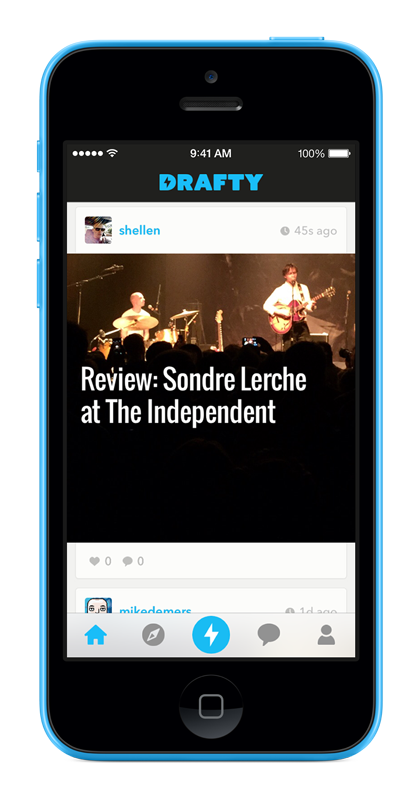In observing the Spotify charts over the last year, the major deviations in weekly play counts almost always correspond to being added or dropped by a playlist.
Spotify’s growth in 2014, like nearly every other digital company, has mostly been in the mobile space. What makes that interesting is that you can’t listen to a particular song on demand on Spotify’s free mobile service. You are forced to listen to music on a random shuffle instead. Most of that listening, by app design and consumer choice, goes to playlists. By extension, this means the majority of free plays on Spotify are just a different iteration of internet radio.
The law of large numbers for Spotify:
- Only a few spins are on-demand listeners. The volume is too low to make much money, no matter what the rate is.
- Most spins are passive listening to playlists.
- Playlists are created by on-demand listeners.
Also: on-demand spins may well be cannibalizing direct sales at the iTunes music store, but they don’t do enough volume to matter. It’s the passive spins that affect anything, and in that regard Spotify is no different than Pandora.

